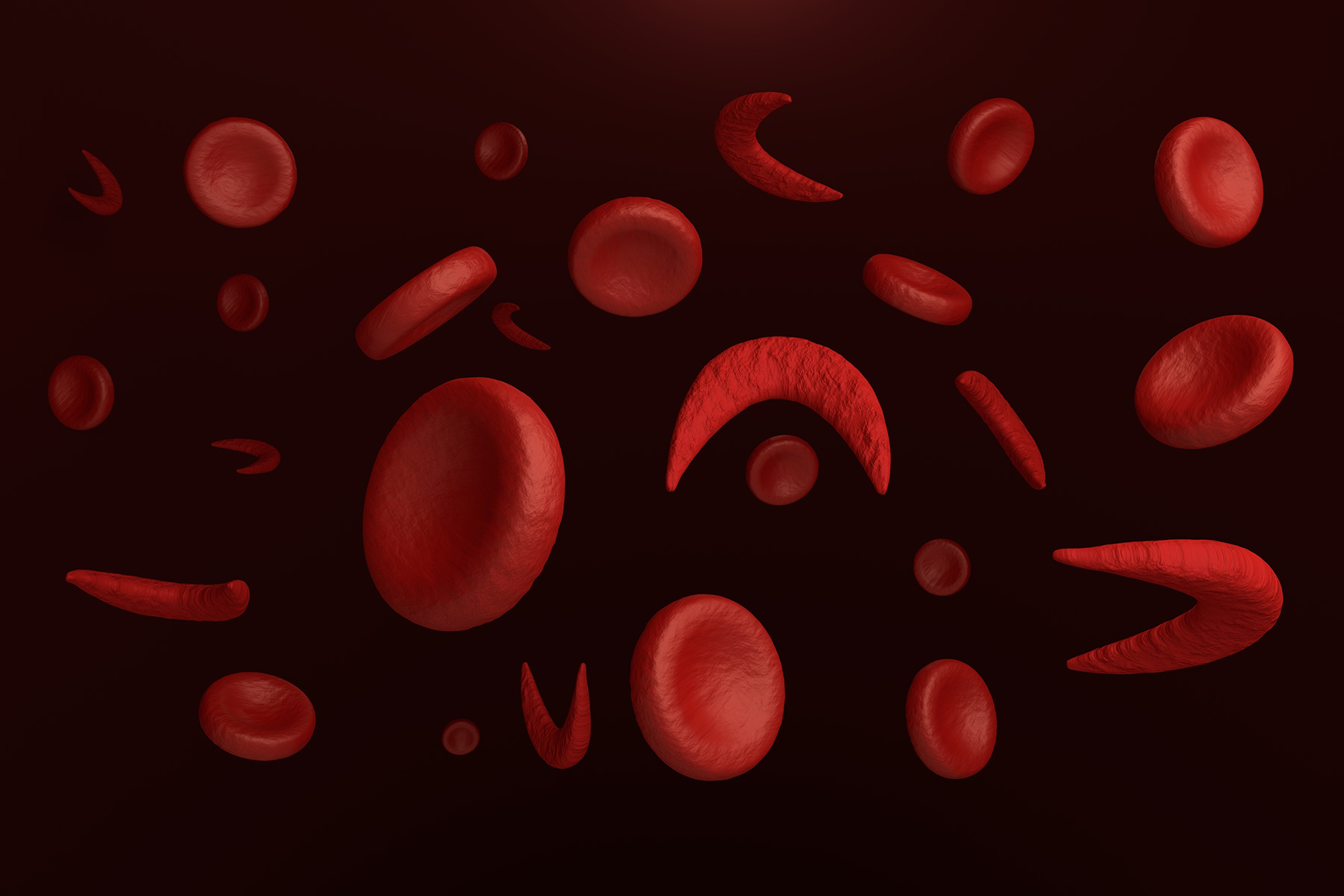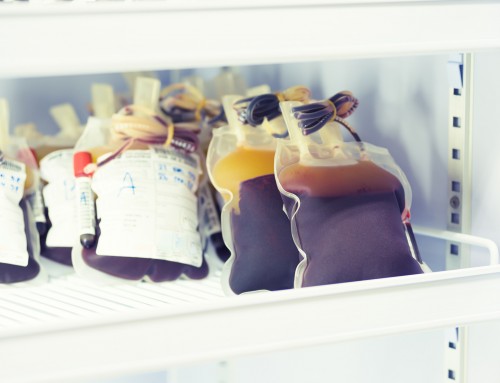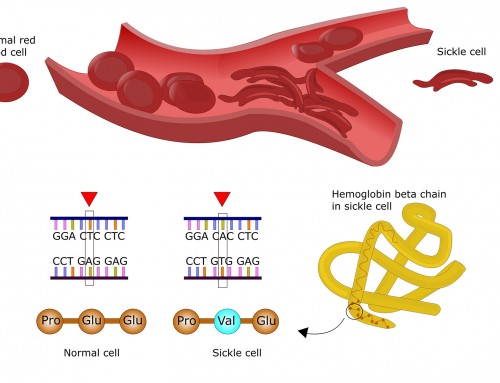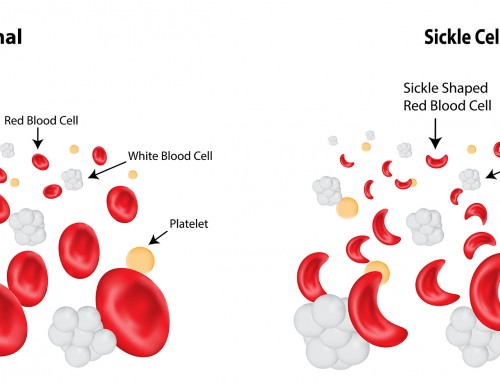[Internet]. Seattle (WA): University of Washington, Seattle; 1993-2016.
How is Sickle Cell Disease diagnosed?
Sickle cell disease can be diagnosed through genetic testing and various blood tests.
Genetic testing
Genetic testing of the HBB gene can diagnose sickle cell disease. Three specific genetic mutations in the HBB gene, 20A>T, 19G>A and 79G>A are examined during genetic testing to determine the presence of hemoglobin S, C and E respectively. Genetic testing can also determine if a person has one or two copies of the HbS mutation, or has one copy of the HbS mutation along with another mutation in the hemoglobin gene (HbC, HbE or Hbβ thalassemia). Genetic testing for expectant parents will allow them to determine whether they are carriers of HBB genetic mutations and at increased risk of having an affected child.
Blood tests
The presence of anemia and abnormal hemoglobin, particularly Hemoglobin S can be detected via various blood tests:
Hemoglobinopathy (Hb) evaluation – This test separates the different types of hemoglobin in blood and allows hemoglobin S, as well as C, E and β thalassemia to be identified and quantified. This evaluation method includes separation by gel electrophoresis, isoelectric focusing, and high performance liquid chromatography (HPLC).
Microscopy – A blood smear (a thin stained layer of blood on a slide) is analyzed under a microscope to see if sickled blood cells are present.
HbS Solubility test and sodium metabisulfite test – These tests are used to screen for hemoglobin S. Certain chemicals are added to the blood sample to reduce the amount of oxygen, which causes abnormal sickled blood cells to form. This test can detect if hemoglobin S is present, but is not able to distinguish between sickle cell disease versus sickle cell carrier.
Complete blood count (CBC) – This assay is used to determine the number, size and shape of red blood cells, and the amount of hemoglobin present to detect anemia. People with sickle cell anemia will show hemolysis and anemia.
References:
Bender MA, Douthitt Seibel G (2003, updated 2014 Oct 23). Sickle Cell Disease. In: Pagon RA, Adam MP, Ardinger HH, et al., editors. GeneReviews®
DNA In the News2017-04-06T20:55:08+00:00





